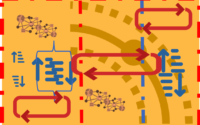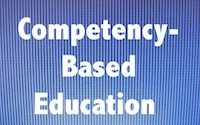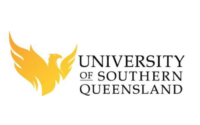
Moving Towards Sustainable Policy and Practice – A Five Level Framework for Online Learning Sustainability
This paper addresses the issue of sustainability in online learning in higher education. It introduces and discusses a five-level framework for helping higher education institutions to make the transition from enterprise to sustainable policy and practice in online learning. In particular, it responds to evidence in the literature regarding the lack of sustainability in online […]














